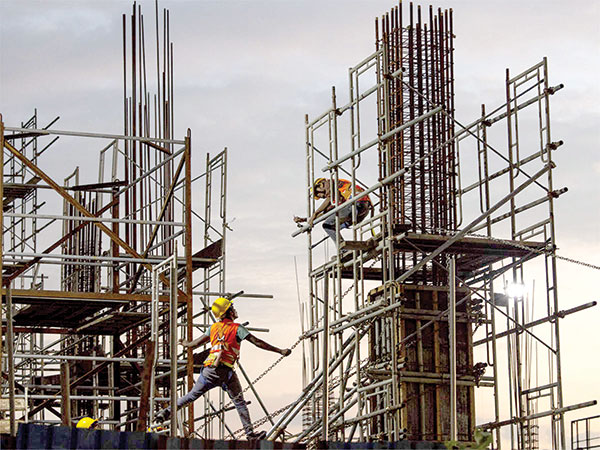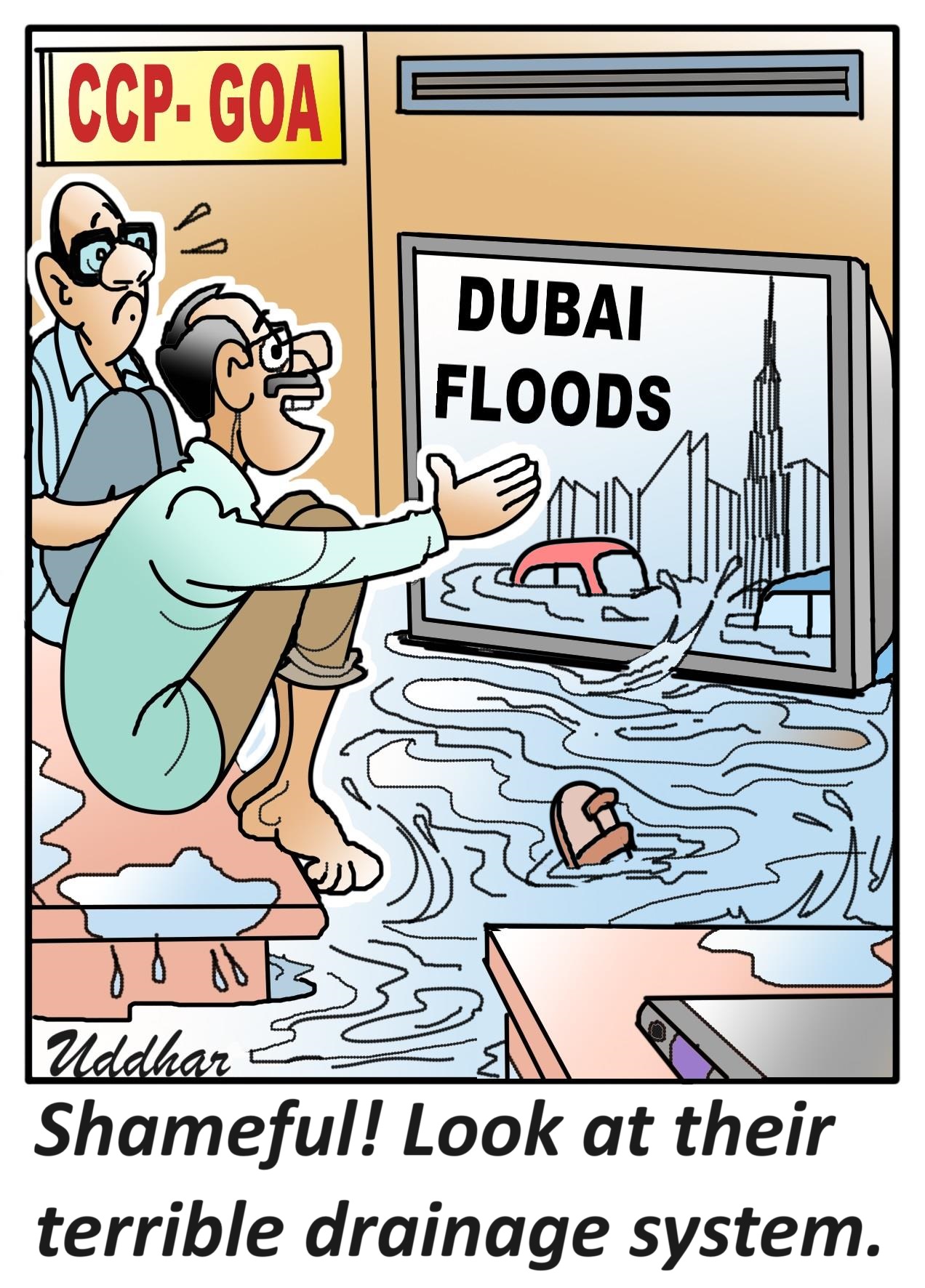
VIKANT SAHAY
The impact of COVID-19 on real estate has been devastating. It led to halting of construction activities and significantly eroded the size of the buyer market. According to many real estate developers, it has been a four-pronged attack on their business beginning on November 8, 2016 with demonetisation, Real Estate (Regulation and Development) Act, 2016 (RERA), Goods and Services Tax and now COVID-19.
They also added that the sales have dipped in the range of 50-70 per cent during the nation-wide lockdown and the sector is facing very challenging times. The interdependence of supply chains, migration of labourers, cost over-runs and liquidity constraints are some of the looming challenges along with the buyers waiting for fall in real estate prices, which so far has not yet happened.
Sources in the real estate sector admit that since January this year, Goa has only very few new projects being undertaken in the realty sector.
They also believe that the sector will have to reinvent itself to understand, comprehend, plan and implement in new innovative ways to meet the emerging new requirements. The time for ‘Business as Usual’ is over, and creative disruption shall be the norm. While it will prompt the real estate sector to go back to the drawing board, it also offers new avenues to explore new innovations as also to fast-track incorporation of new technologies, be it construction technologies, home automation, IoT or AI.
The planning would need to incorporate altered norms of social distancing, mobility, density and health considerations. According to the sources all such bee-hive activities are being done to brace the future which is so unpredictable post Covid-19 times. Now, with the situation looking grim and bleak, the focus needs to re-shift from saving lives’, it is now the right time to also focus on ‘saving livelihood’. Perhaps, the biggest takeaway in terms of ‘the way forward’ is that demand for owned houses will grow.
“There is a new trend emerging in the market, where people are inquiring about plots and independent houses rather than flat. They now require more space so that they can work from home. Also, people are trying to avoid living in a gated complex for more independence, safety and space. There was a huge demand from people living on rentals for a short term of 3-4 months during COVID-19 and they were looking for cheaper accommodation to cut expenses. It could also be due to job losses or salary cuts,” said Amit Chopra President of Goa Association of Realtors (GAR) who is also director of Escala Realty based in Dona Paula.
In fact, those living in rental homes are now looking for cheaper accommodation and there was a surge in people looking for cheaper rental accommodation during the month of April and May. NRIs facing challenging times in their present domiciles are looking at creating a safe haven ‘back home’ in India; those who have faced challenges in terms of investments losing value in the aftermath of the pandemic in paper market are seeing the obvious advantage of shifting to real estate as the asset class of choice.
However, despite all this gloom, the realtors are upbeat with an expectation that the market is going to bounce back as they are seeing many inquiries coming in.
“We have observed nearly 500 per cent rise in inquiries but it needs to be converted into actual sale. Majority of the inquiries are coming from outside Goa. In fact, the sale is also happening but at a much slower pace. It could be that the travelling to Goa for the perspective buyers at this point of time may be difficult but we are sure that many of these inquiries will be converted,” added Amit Chopra, president of GAR.
President of CREDAI, Goa chapter, Nilesh Salkar is of the opinion that market is showing some signs of improvement but it cannot be called ‘healthy’ as yet. “The new sales in the last 3-4 months have been 50 per cent of what used to happen during pre-COVID-19 days but this also depends on the segment. A lot of government employees who were thinking of buying a property had to stall their plans as the government loan plan was discontinued. Also, many people lost their jobs or faced salary cuts. Yes, the market is down by 50-60 per cent but is gradually showing signs of improvement,” said Nilesh Salkar.
Immediate past President of CREDAI Goa Chapter and a noted builder in Goa, Desh Prabhudesai said that the real estate business was at a slow pace even before the COVID-19 hit. “It is basically a four-pronged attack on the industry beginning from demonetisation, RERA, GST and now COVID-19. Now we are having a problem with shortage of migrant labour. This issue had to addressed properly and it was not done. The demand is low and there is no construction happening. The sales are now down by at least 50 per cent. The moratorium which has been given by the government for six months on payment of EMIs will bounce back next month and it hardly helped anyone. Also, the sanctioning of housing loans from the banks has become very stringent. All theses have affected the real estate business,” said Desh Prabhudesai.
Managing director of Sun Estates, Suraj Morajkar believes that people are now looking for plots, independent houses with more space. “People are now looking for permanent homes in Goa which are not in gated communities and are easily accessible to habitation. They are just not looking for holiday homes as they used to, earlier. In fact, 20% of our site visit has been converted into actual sales. The rates of property may have been affected by 5-7% but there is no major drop in prices. In fact in metro cities there is inventory but no buyers and here in Goa we have buyers but low inventories as it takes 8-9 months for a property to be build,” said Suraj Morajkar.
So, real estate will be ‘positive’ for both end-users and investors. The reputed developers with better credit ratings and best delivery track record will gain traction with an enhanced confidence level among the potential home buyers in the backdrop of this crisis.
